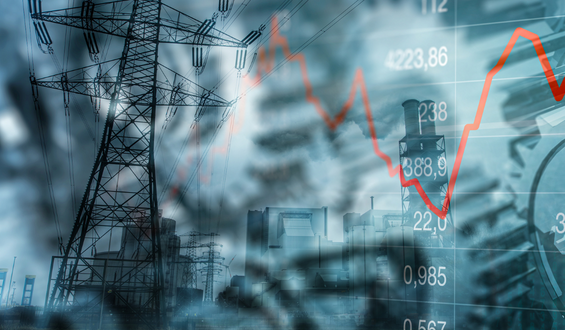
From an economic perspective, the transition to carbon neutrality relies on three main mechanisms: the substitution of capital for fossil fuels, which will imply a significant increase in investment (2.5 points of GDP in 2030, i.e. 70 billion euros at 2021 prices); the accelerated redirecting of technical progress towards alternatives to fossil fuel energies and the improvement of energy efficiency; and lastly, the moderation of energy-intensive uses and consumption (sufficiency).
The mix of these three mechanisms is a matter of collective choice, which may differ from one country to another and which may also vary over time. In the long term (2050), the redirection of technical progress will play a major role. The progress already made proves that a net-zero economy is not a utopia. The objective of "net zero emissions" in 2050 is within our reach. In the medium term (2030), we must rely on technologies that are already reliable, and therefore combine the substitution of capital for fossil fuels with efforts to save energy. The economic costs of these efforts should not be ignored. Additional investments will certainly boost demand, but the main issues are on the supply side.
Because tangible (equipment, buildings), intangible (patents) and human (qualifications) capital will be depreciated, potential production will most certainly decrease; because research and development efforts will be mainly oriented towards reducing the use of fossil fuels, labor productivity gains and therefore growth are likely to be temporarily reduced.
Sufficiency can contribute to the transition without necessarily reducing consumption, growth and well-being, especially if it results from changes in consumer preferences and is accompanied by changes in the supply of goods and services.
In sum, it will be necessary to invest more temporarily, in a context of lower supply. The immediate impact of the transition is therefore likely to be inflationary. As for public finances, they will have to bear the burden of public investment and support the efforts of companies and households that are insufficiently creditworthy. Public policies, however, have the ability to substantially reduce the economic costs of the transition. In particular, they can:
- secure a consensus on the strategy ;
- address the lack of credibility which, in addition to being bad for the climate, is economically costly;
- adopt an economic approach. In the absence of a general carbon price, beyond the European quota markets, public choices will have to be informed by on an implicit carbon price path;
- define a doctrine for the use of public funds. There are many bad reasons to go into debt, but the climate transition is not one of them. The reform of the Stability Pact must take this dimension into account;
- better articulate national and European strategies. Climate change is a European competence, but many actions (energy policy, transport, housing) are mainly national decisions.






